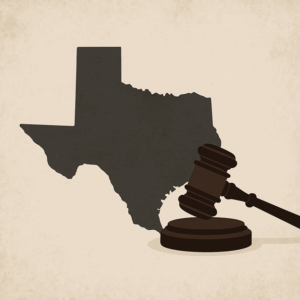Firm Accolades
What dropped means in a Texas DWI 
People often use different words for similar outcomes. A dismissal ends the case with no conviction. A reduction changes the charge to a different offense when the facts support it. A suppression order throws out evidence so it cannot be used at trial. A not guilty verdict is an acquittal after a trial. Each outcome affects criminal records and license status in different ways. The best outcome depends on your facts, your history, and the strength of the evidence the State hopes to use.
When prosecutors dismiss DWI cases
Texas prosecutors dismiss when the evidence is thin or unreliable or when the court has ruled that important evidence is inadmissible. A traffic video that conflicts with the report can trigger dismissal talks. A poorly documented arrest can undercut probable cause. If the State loses the breath or blood number because of legal or scientific problems, the case may no longer be trial worthy. Dismissals also arise when the State cannot prove you were operating a motor vehicle in a public place at the time in question.Problems with the stop or arrest
An officer needs reasonable suspicion to stop your car and probable cause to arrest you. When the video does not show the reported lane violations or when performance on roadside tasks looks normal, judges may question whether the stop or arrest met legal standards. If the stop was illegal, everything that followed can be suppressed. That includes field tests and chemical tests. Without those pieces the case often becomes difficult to prosecute.
Managing Partner
Partner & Criminal Division Chief
Criminal Division Trial Chief

Criminal Trial Division
Criminal Trial Division
Of Counsel



























